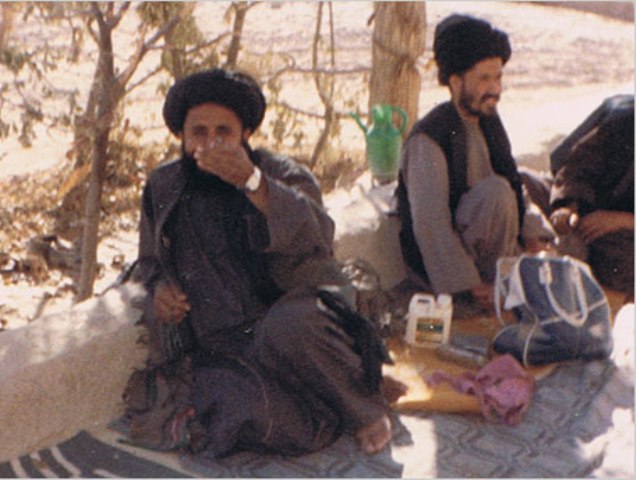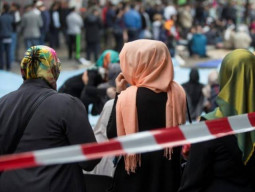
“Afghanistan wants Mullah Abdul Ghani Baradar and other Taliban members freed by Pakistan to return and open their office in the country,” an Afghan foreign ministry official said on Sunday.
The comments came days after Sartaj Aziz, the prime minister’s adviser on national security and foreign affairs, said that the government had decided in principle to release Mullah Baradar to facilitate the peace process.
In an interview with a private television channel late Saturday, Sartaz said that Mullah Baradar would be released within days and would be free to go anywhere. However, he pointed out that the Taliban leader would not be handed over to Kabul.
The adviser hinted that Baradar could also either be sent to Saudi Arabia or Turkey. “Baradar could contact Taliban leaders and representatives to help in the peace process,” Sartaj said.
Afghan foreign ministry’s spokesman Janan Mosazai said Mullah Baradar and other freed Taliban should have both an office and a “specific address” in Afghanistan.
“Our priority is that Mullah Baradar returns to Afghanistan following his release in Pakistan. We want Baradar and all other Taliban released by Pakistan to return to Afghanistan and push for the peace process,” the spokesman told a weekly press briefing. The text of the briefing is available with The Express Tribune.
Taliban leaders offered security
Mosazai said that the Afghan authorities were ready to provide security to the Taliban leaders upon their return. “If they cannot come to Afghanistan, they can go to another Islamic country and talk to the Afghan High Peace Council,” he said.
“But if they want to stay in Pakistan then they must have a specific address and complete freedom. They must be accessible to the Peace Council in Pakistan so they can be directly contacted.”
Published in The Express Tribune, September 16th, 2013.



1731655243-0/BeFunky-collage-(61)1731655243-0-165x106.webp)


1731658159-0/BeFunk_§_]_-(19)1731658159-0.jpg)
1731653601-0/Copy-of-Untitled-(43)1731653601-0-270x192.webp)


1731650013-0/Copy-of-Untitled-(41)1731650013-0-270x192.webp)






COMMENTS
Comments are moderated and generally will be posted if they are on-topic and not abusive.
For more information, please see our Comments FAQ